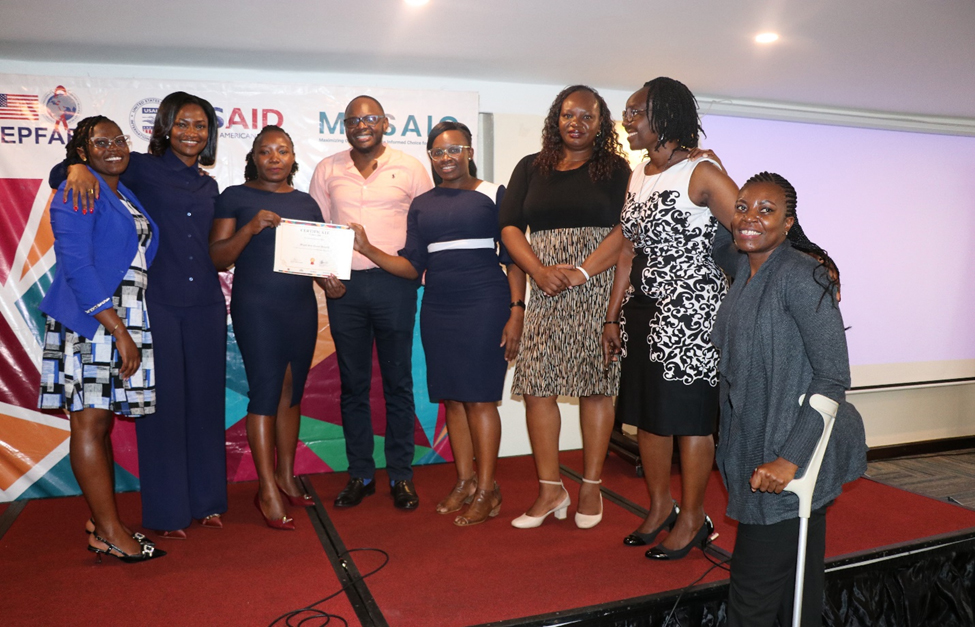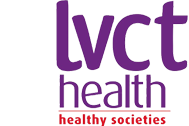
Since 2021, the Maximizing Options to Advance Informed Choice for HIV Prevention (MOSAIC) project in Kenya has been introducing new HIV prevention products for women, funded by PEPFAR through USAID. Led by LVCT Health, the project collaborates with key partners including the Ministry of Health at the national level, community-led organizations, and the county governments of Kisumu, Mombasa, and Nairobi.
A significant component of MOSAIC is the Catalyzing Access to New Prevention Products to Stop HIV (CATALYST) study, which aims to provide and assess an enhanced service delivery package that includes oral PrEP, the PrEP ring, and injectable Cabotegravir to limit the spread of new HIV infections in the country. The study is currently being undertaken at six sites (five Ministry of Health facilities and one DiCE) across Nairobi, Kisumu, and Mombasa.
To promote cross-learning and honor the efforts of stakeholders, LVCT Health’s CATALYST team organized a two-day Quality Improvement (QI) Learning Forum on June 18-19, 2024, at the Panafric Hotel in Nairobi.
The forum sought to assess the quality of HIV prevention services at the six facilities, share team experiences, and discuss the introduction of CHOICE in offering HIV prevention options to adolescent girls and young women (AGYW), including oral PrEP, the PrEP ring, and the future option of injectable Cabotegravir. QI teams from the six sites shared their processes, progress, and challenges, with guidance from QI coaches and health service managers.
The event recognised the Migosi sub-county hospital QIT team from Kisumu for presenting the best quality improvement project during the collaborative learning session, with the BHESP QI team securing the first runner-up position. The forum celebrated collective effort, innovation, and the sharing of experiences and best practices, which inspired participants to further enhance the MOSAIC project.
The MOSAIC project is a five-year (2021-2026) global initiative funded by the U.S. President’s Emergency Plan for AIDS Relief (PEPFAR) through the U.S. Agency for International Development (USAID). Its goal is to help adolescent girls, young women, and other women prevent HIV by accelerating the introduction and scale-up of new and emerging biomedical prevention products.

